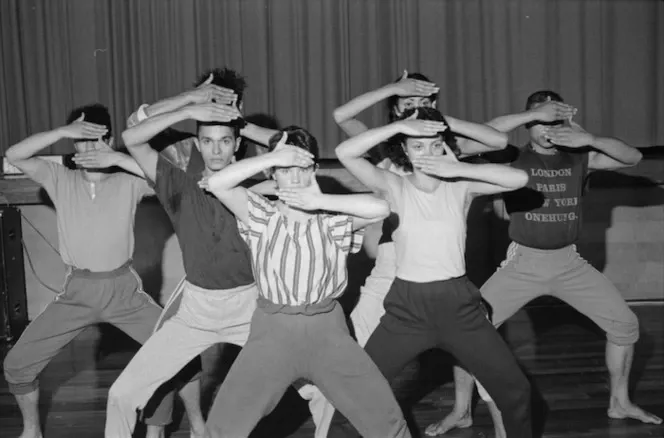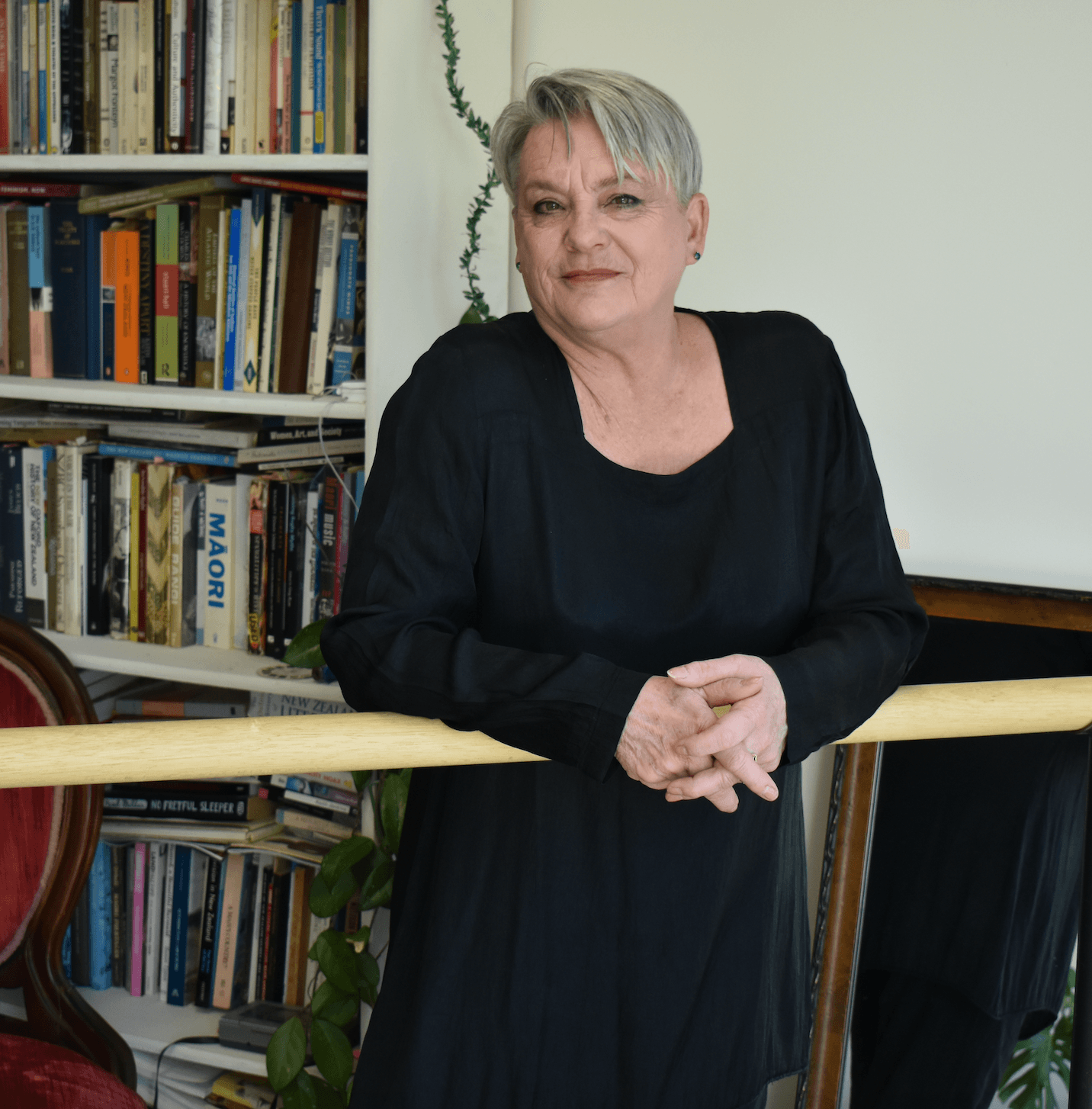OPINION: NZ's Art History Under Threat
Dance and performing arts historian Marianne Schultz is calling for action – as cuts to Manatū Taonga bring the possibility of arts moments from our past and present being lost forever.

Marianne Schultz, PhD, is a dancer, choreographer, writer, teacher, historian, advocate and performing arts archivist.
Her works on dance and performing arts history have appeared in numerous international scholarly journals and she is the author of two books on performing arts history.
The news that the government is laying off historians from the Ministry of Culture and Heritage (MCH) is one that all of us in the cultural sector of Aotearoa should be very concerned.
This is a short-sighted decision in every sense of the word, as from now, the rich history of our arts and culture will be focused on the present and we risk losing the stories and knowledge of our past which informs our present and future.
This is especially critical in art forms that are notoriously ephemeral - such as dance – but also drama and film whose works reflected time periods, social and political beliefs that are different from the ones we live in and therefore inform us of events, people and beliefs of New Zealand’s past.
Two vastly important sites maintained by the MCH – Te Ara/ the Encyclopedia of New Zealand and the DNZB/the Dictionary of New Zealand Biography – are at threat of becoming extinct. As esteemed New Zealand historian Jock Phillips has stated, they will "fossilise and eventually disappear" through lack of maintenance and input.
The information on both these sites are fonts of knowledge pertaining to our artistic past. To be included in the DNZB you have to be deceased and – sadly – we can be certain that our artists will continue to die. The short biographies of the site on some of our great creators of the past – like Ngaio Marsh, Estelle Beere, Rudall Hayward or Witarina Harris – provide a window into individual lives that inspire and show us the ways in which our theatre, dance and film came into being.
Likewise, the more detailed overviews of themes presented on Te Ara, such as Arts Education and Training, Pacific Arts, Arts Festivals, Experimental films, and more, fill in so many gaps in the stories throughout the motu of what came before, while also opening up New Zealand’s cultural and artistic history to the world in easily digestible bits.
With just a click of a button a curious researcher of any age – be they, in say in Russia, France or Iceland – can learn that Te Kanikani o Te Rangatahi, a Māori contemporary dance company, was established by Stephen Bradshaw in Auckland in 1984 or that National Festival of Community Drama sponsored a festival of original one-act plays in 1940, or that the films of Fetus Productions, included in their musical stage shows of the 1980s, depicted medical procedures and human deformity.

As a historian of New Zealand’s dance and performing arts history, I cannot state enough how valuable the work of the historians who work on both these sites are to our collective knowledge of our cultural past.
This is essential history that will disappear due to budget cuts. In a public statement, the professional historical associations in New Zealand – including the NZ Historical Association and the Professional Historians Association of New Zealand/Aotearoa - have labelled these cuts "false economy at its worst". As they put simply, "our history deserves better".
I urge the arts community to contact Minister of Arts, Culture and Heritage Paul Goldsmith to protest these cuts. The work you do deserves better and is important, not only for the audiences of today but for future generations of artists, students and researchers who will need to know the past in order to reflect their present and imagine a future.